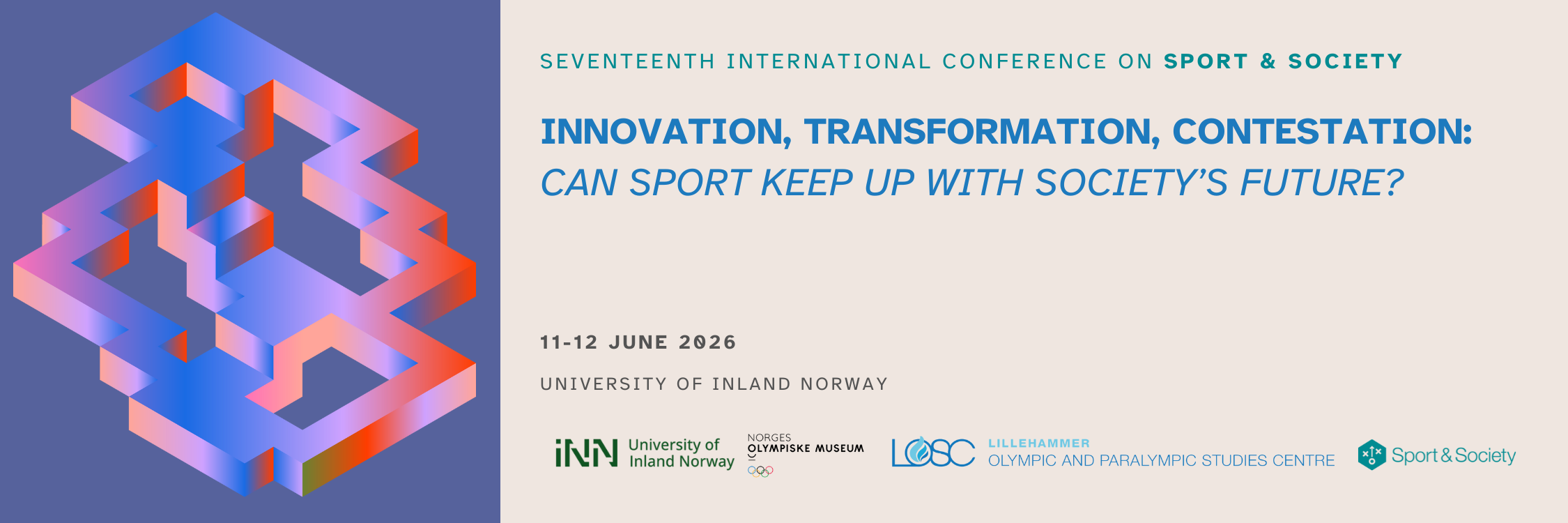Abstract
This research project proposes the development of an evidence-informed, context-specific mental health management framework for South African athletes. Mental health is increasingly recognized as essential to athlete performance and well-being, yet elite and developing athletes face numerous barriers to support, including stigma, resource disparities, and cultural norms. Drawing from international models and IOC guidelines, the study aims to address gaps in South Africa’s current systems through a mixed-methods approach. Quantitative surveys involving 418 athletes, and qualitative interviews with 10 participants from diverse demographics provide insight into the prevalence, determinants, and lived experiences of mental health issues. Findings indicate high levels of stress (65%), anxiety (51%), and burnout (36%), with only 51% of athletes having accessed professional support. Predictors of well-being include access to resources, stigma awareness, coach support, and peer networks. The study emphasizes the need for a multi-layered response, including early education, coach training, and culturally adaptive mental health services. Recommendations include a tiered framework: peer-led initiatives, embedded wellness facilitators, and professional mental health referrals. The proposed implementation plan spans five years, aiming for national adoption and sustainability through institutional support and athlete-driven leadership. This research contributes a practical roadmap to destigmatize mental health and empower athletes across all levels of sport in South Africa.
Presenters
Kagisho MatolongHigh Performance Coordinator, South African Sports Confederation Olympic and Paralympic Committee, Gauteng, South Africa
Details
Presentation Type
Paper Presentation in a Themed Session
Theme
KEYWORDS
Mental Health, Athlete Well-Being, Long Term Athlete Development, Safe sport

